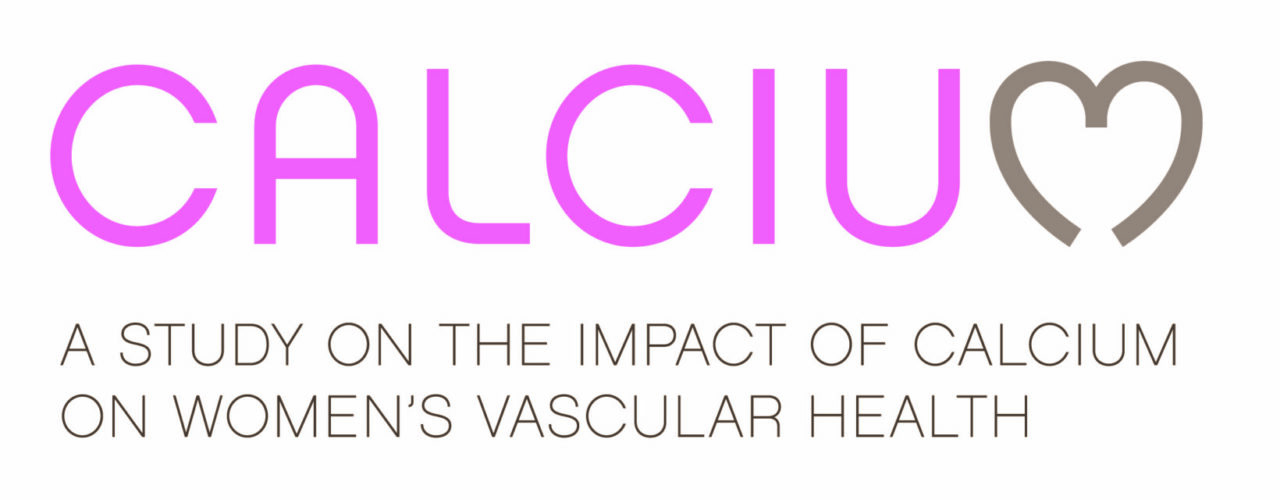by Michelle Wall, Research Assistant at the RI-MUHC “Porous” is not a word that comes to mind when you think of bones but the name of the widespread bone disease “osteoporosis” literally means porous bones.
“Porous” is not a word that comes to mind when you think of bones but the name of the widespread bone disease “osteoporosis” literally means porous bones.
Characterized by a weakening of the structure of bones, osteoporosis itself has no symptoms. However, this weakness means sufferers` bones are fragile making them more likely to break in situations that would not affect people with healthy bones. Common in older men and women of all races, those at highest risk of developing osteoporosis are postmenopausal women.
Osteoporosis treatments can significantly decrease a person’s risk of breaking a bone. The results of a scan called a bone mineral density (BMD) test are considered in combination with clinical risk factors to determine how likely a fracture is to occur. This fracture risk dictates whether or not treatment for osteoporosis would be beneficial.
In osteoporosis as with many other diseases prevention is the best medicine. Research has shown that calcium, a mineral most commonly found in dairy products, can protect bones against osteoporosis. Postmenopausal women with adequate calcium intake have stronger bones and fewer fractures than those without.
Due to the high calcium content, Canada’s Food Guide recommends that women over 50 consume 3 servings of milk and alternatives per day. Aside from milk this food group also includes dairy products such as yogurt and cheese as well as non-dairy beverages fortified with calcium such as soy or almond milk. Other foods that are naturally rich in calcium include tofu, canned salmon or sardines with bones, and dark green leafy vegetables.
While calcium is found in many foods, postmenopausal women often find it difficult to obtain sufficient amounts of calcium from their diet alone. For this reason, they often rely on supplements to ensure adequate calcium intake.
Recently, there have been conflicting reports regarding the safety of calcium supplements. Some research groups report a possible association between the use of calcium supplements and an increased risk of cardiovascular events such as heart attacks and strokes, while others have found no effect. Importantly, none of these studies were specifically designed to assess the impact of calcium supplements on vascular health.
Researchers Dr. Suzanne Morin and Dr. Stella Daskalopoulou of the McGill University Health Centre (MUHC) are currently conducting a year-long study specifically designed not only to answer the  question of whether calcium supplements have an effect on vascular health in postmenopausal women, but also whether calcium from dietary sources has a similar or different effect.
question of whether calcium supplements have an effect on vascular health in postmenopausal women, but also whether calcium from dietary sources has a similar or different effect.
“As a physician, I routinely counsel my patients on the importance of calcium intake in the maintenance of optimal bone health,” said Morin. “This study will provide evidence to guide clinicians and women on the safest means to meet daily calcium requirements.”
They are hoping to recruit 180 healthy non-smoking postmenopausal women over the age of 50 who are not taking medication for high blood pressure, high cholesterol, or the management of osteoporosis, to participate in the study. Participants must be willing to alter the amount of calcium in their diet and take or abstain from taking calcium supplements for the duration of the study.
For more information on the Calcium Study call 514-934-1934 ext. 45742 or e-mail calcium.medicine@mcgill.ca.
November 6, 2014
